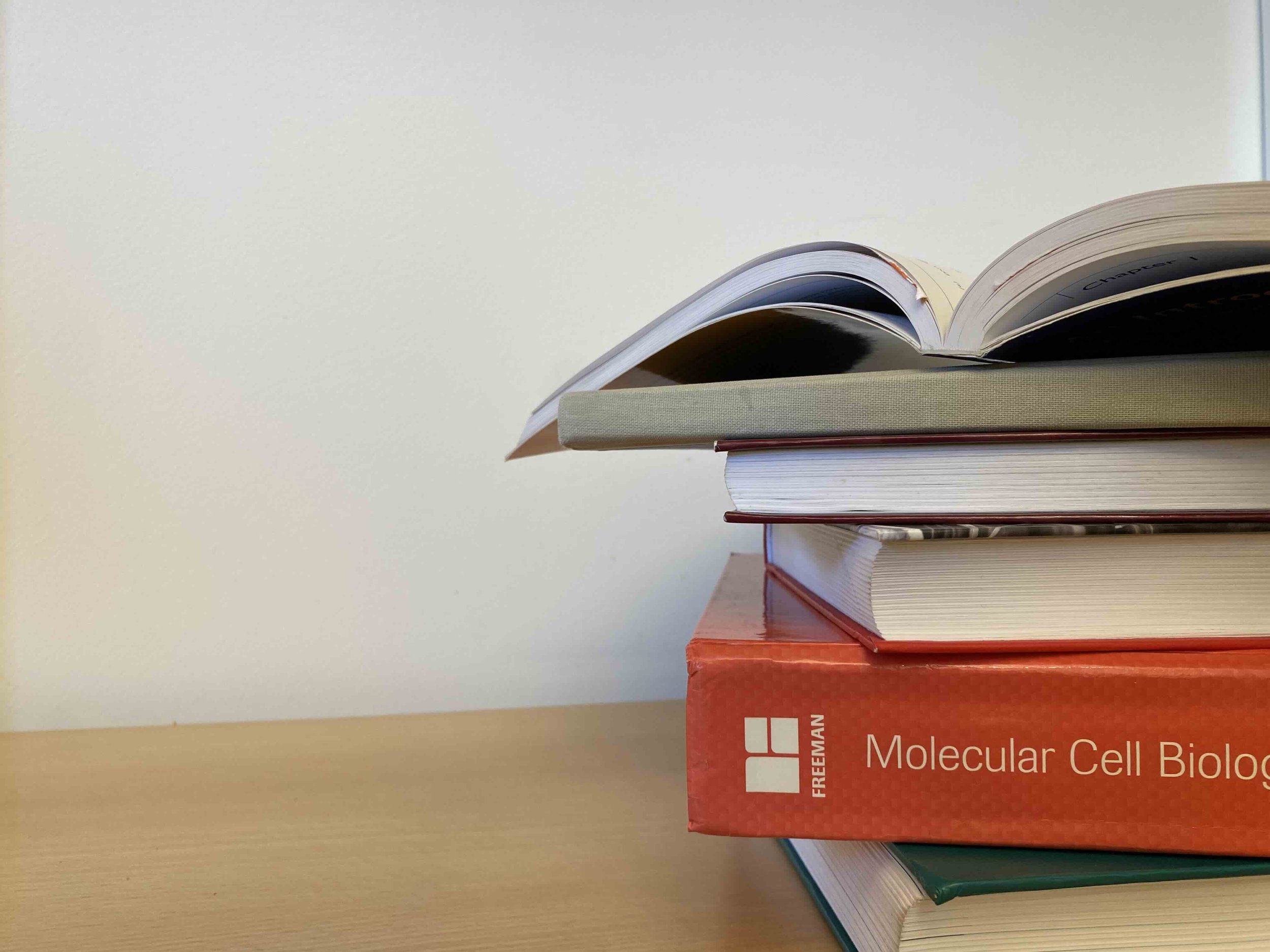Efficient at Work, Present in Life
My Journey Toward a Healthier Routine
When I started my tenure-track position, I felt the pressure immediately. The clock was ticking—there’s a limited window to prove yourself, publish, secure funding, and build a strong research profile. Naturally, I thought the solution was to work more: evenings, weekends, even during vacations. In my first year, I did exactly that.
What did it lead to? Stress. A constant feeling of missing out. I stopped doing sports regularly, spent less time outdoors, and my body responded—tight muscles, aching joints, and a mind that felt foggy and fatigued. I was productive, yes, but I wasn’t thriving.
This year, I decided to do things differently.
You often hear stories on social media or from colleagues about how much they work. If that works for them—kudos. But for me, I’ve learned that working efficiently and with focus during work hours is far more sustainable than stretching myself thin across all hours of the day.
I now prioritize structure. I have lunch with my husband every day, followed by a walk together in nature near the campus. After that, I’m back in my lab coat, doing my own experiments while supervising students. During incubation times, I head to the office to write emails, prepare applications, and keep things moving. I don’t linger in the lunch room or take long fika breaks—not because I don’t value social time, but because I want to protect my evenings.
And those evenings? They’re sacred. Spending time with my husband is essential for me. Having a strong, supportive relationship helps me manage the stress that inevitably comes with this career path. Whether it’s cooking together, talking about our day, or simply relaxing side by side—it grounds me.
Is it still stressful? Yes. But now I have space in my life for things I love—training, nature, gardening. This summer, transforming our garden was my therapy: fresh air, movement, and a sense of accomplishment. It reminded me that rested minds are more creative. I used to feel guilty for not working constantly, but now I see that balance fuels better science.
Of course, there are times when I work late or on weekends. And yes, during my three-week vacation, I still check emails in the evenings and visit the lab to do small things—and most importantly, water my plants 😊. But I also make time for myself.
For me, it’s simple: work hard, enjoy hard. This rhythm makes me feel more whole, more present, and more motivated.
This might not resonate with everyone, and that’s okay. But if you’re feeling overwhelmed, maybe it’s worth asking: what does balance look like for you?
What do you do in your free time? How do you balance your hobbies and your work? I’d love to hear your thoughts.
Stress in the academic workplace
Some thoughts about stress in the academic workplace
This week, I had the opportunity to participate in a workshop organized by my department. The focus was on a topic that resonates with many of us - stress in the academic workplace.
We all experience stress, it’s a universal part of life. But what’s important is to understand our triggers and learn how to balance our work and rest periods. I believe that I know my stress triggers and, in theory, I know what helps me relieve stress.
Personally, I’ve found that stepping out of my workplace, spending time outdoors, getting some fresh air, and most importantly, seeking the perspective of my loved ones on topics that stress me out, helps me relieve stress. However, I’ve come to realize that I’m not always in the right mindset to follow these strategies- I get worse at it the more stressed I am. This is an area I definitely need to work on.
The workshop highlighted that long-term stress can lead to a decrease in productivity. This fact hit home for me. But what motivated me most to participate was the opportunity to learn how to recognize stress signals in others, especially within my group. My goal is to foster a happy, thriving, well-working, and well-rested team. To achieve this, I want to find ways to communicate effective stress relief strategies and aim to set a better example, but also I want to be able to identify first signals of stress in others.
I’d love to hear from you all - what stresses you and how do you cope with it? Let’s open up the conversation and learn from each other.




